By Valentine Obienyem
The beauty of the Catholic Church, and one of the hallmarks by which she is known, is oneness. Across continents, whether in Kuala Lumpur or Nigeria, the Church maintains the same teachings, sacraments, and sense of sacred continuity. It is a remarkable institution, rooted in history yet alive in the present, capable of uniting diverse peoples under a single faith.
Coming down from my hotel room this morning, I asked the front desk, “How do I get to the nearest Catholic Church?” “We have the Church of the Presentation towards the end of the road,” one officer replied. Another seemed confused, and I found myself explaining that the church is named after the Presentation of the Child Jesus in the Temple.
When I arrived at the church, I bought a brochure being sold and soon discovered that today was their harvest. I had come for the 6:00 a.m. Mass, intending to represent my boss somewhere after the mass. In many parishes, 6:00 a.m. is usually the standard first Sunday Mass, so I went on that assumption, but it turned out the Mass began at 6:30 a.m.
While reading the brochure, I noticed that the Chairperson of the Harvest Planning Committee was Mrs. Edith Udah, the wife of my good friend and CPS during Obi’s tenure, Ambassador Mike Udah. Because of his gentle nature and his ability to rephrase in courteous elegance my sometimes unvarnished writings, I had given him the honorary title “Ambassador.” In turn, for his own flattering reasons, he called me “Dr.” long before I actually received my doctorate. To this day, that is how we continue to address each other.
Ambassador Udah is Anglican, and his wife is Catholic. I do not know the exact chemistry that sustains their marriage, but the children are raised Catholic – perhaps even more devoutly than the children of many other Catholic parents. I suspect their marriage exemplifies a “matrimonium mixtum” (mixed marriage), which in the Catholic Church occurs when a baptized Catholic marries a baptized non-Catholic Christian. Such a marriage requires the permission of the local bishop and a promise by the Catholic spouse to safeguard the faith and raise children as Catholics.
The Mass began promptly at 6:30 a.m. I was not particularly impressed with the sermon. The soft-spoken parish priest, Fr. Joseph Anokerie, addressed a general and perfunctory theme: remain in Christ by doing His will, shun corruption, cultivate virtues, and related moral guidance. The sermon lasted less than ten minutes, and was punctuated by three songs. Juxtaposed against the readings for the day, the sermon was grossly inadequate.
Today’s readings (33rd Sunday in Ordinary Time) call us to awareness of the Day of the Lord. Malachi warns that the proud and wicked will face purifying judgment, while those who revere God will experience healing and new life. Paul, in 2 Thessalonians, exhorts Christians to live disciplined, hard-working lives, avoiding idleness while serving as examples. In the Gospel (Luke 21), Jesus forewarns of trials, persecution, false messiahs, and upheavals, yet encourages His followers not to be deceived or fearful, for through patient perseverance and divine wisdom, they will preserve their lives.
The readings provided an opportunity for the priest to reflect on the dignity of labour, the value of productive work, and the prevalence of false prophets in society. They offered a timely reminder that faith must be lived through both devotion and action, and that being present in Church at odd hours – like a Tuesday morning or weekday afternoon – is no substitute for genuine engagement in life’s responsibilities. Today, the prevalence of false prophets makes it especially important to warn the faithful and urge vigilance: Christians must be on their guard, discerning truth from deception, and ensuring that their devotion is directed toward God’s will rather than the personal ambitions of those who claim spiritual authority.
After the Offertory, still within the mass, the priest raised funds for pews for a church under construction – 100 pews at 250,000 Naira each. Mrs. Udah bought four pews, and I contributed as well. A total of thirty pews was pledged during the 6:30 Mass. The priest himself moderated the process. His words were full of commercial metaphors, which distracted from the sacred essence of the Mass.
In the Catholic Church, fundraising for projects such as buying pews should not take place during Mass. According to the General Instruction of the Roman Missal and Canon Law, the Mass must remain a sacred act of worship, free from interruptions or distractions. The Offertory is the only moment set aside for monetary offerings, while any additional fundraising must occur before or after Mass, or be announced briefly at the end. Soliciting money during Mass, especially after the Offertory, is not liturgically proper. I am sure the priest knows this either through the canon law or pastoral theology.
During the Mass, I also witnessed the use of the second acclamation – a practice I had only seen during my seminary days. Having multiple alternate responses is not for show; they are meant to be used liturgically, even in Latin in our seminary.
The quality of the choir was remarkable. A good choir maintains distinct voices that blend together in cadential union. I particularly admired the bass singer handling the microphone, his voice reverberated like a trumpet blast, reminiscent of Mr. Anthony Ezenwaka, whom we affectionately called “Crescendo” in our seminary days. I managed to record their final dismissal song after Mass, when I had switched on my phone.
The choir thrilled the congregation with songs in multiple languages. By the end of Mass, some songs had been rendered in Igbo, Hausa, Yoruba, Igala, Idoma, Afrikaans, and Congo. I hope this multilingual repertoire was not merely because it was Bazaar Sunday, but a reflection of the church’s cultural inclusiveness.
From the careful nurturing of faith in mixed marriages, to the reverent celebration of the liturgy, and to the harmonious beauty of music that unites hearts in worship, the Church continues to serve as a beacon of unity and spiritual nourishment. Even amid human imperfections and occasional distractions, its call remains clear: to live faithfully, embrace discipline, and actively engage in the life of the community.



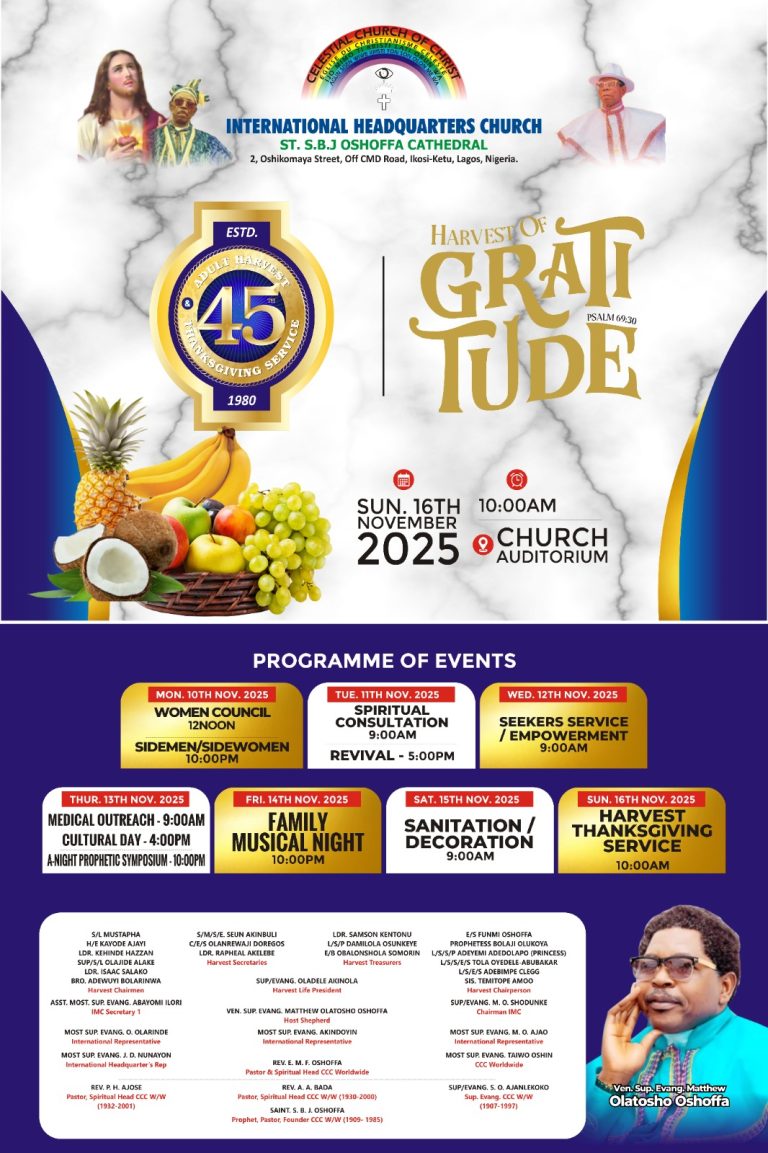
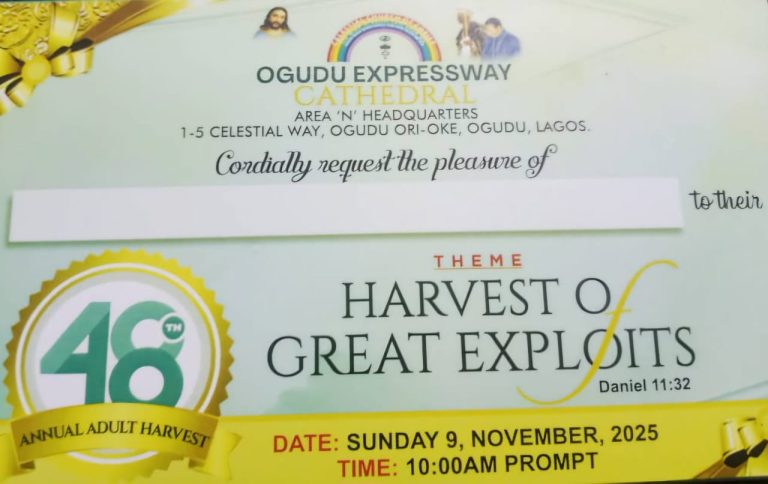

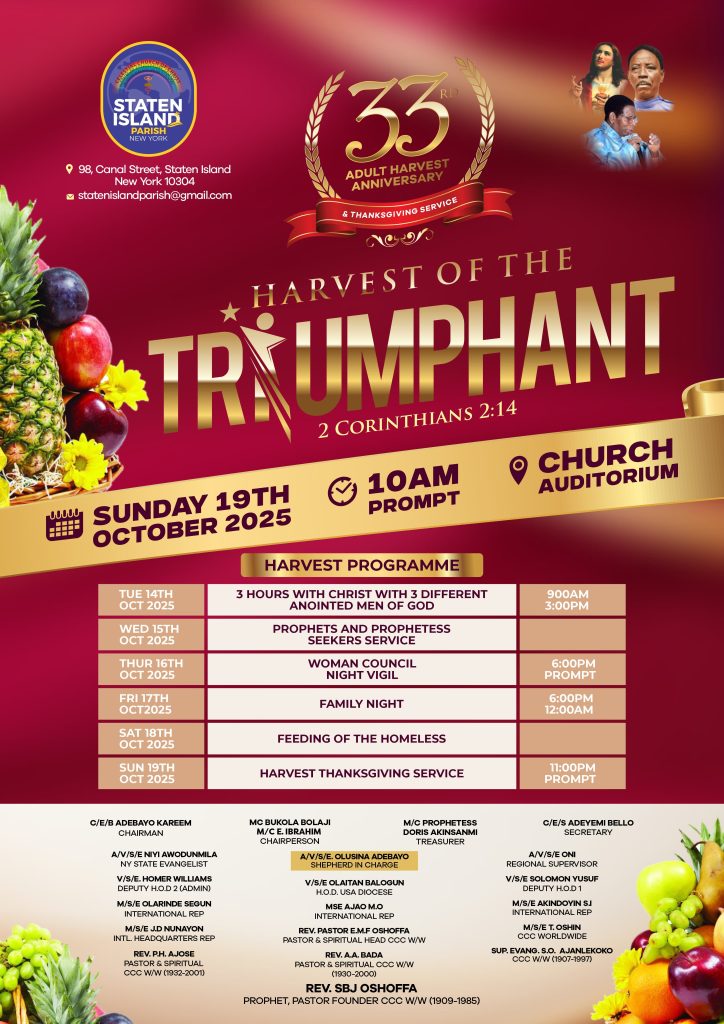
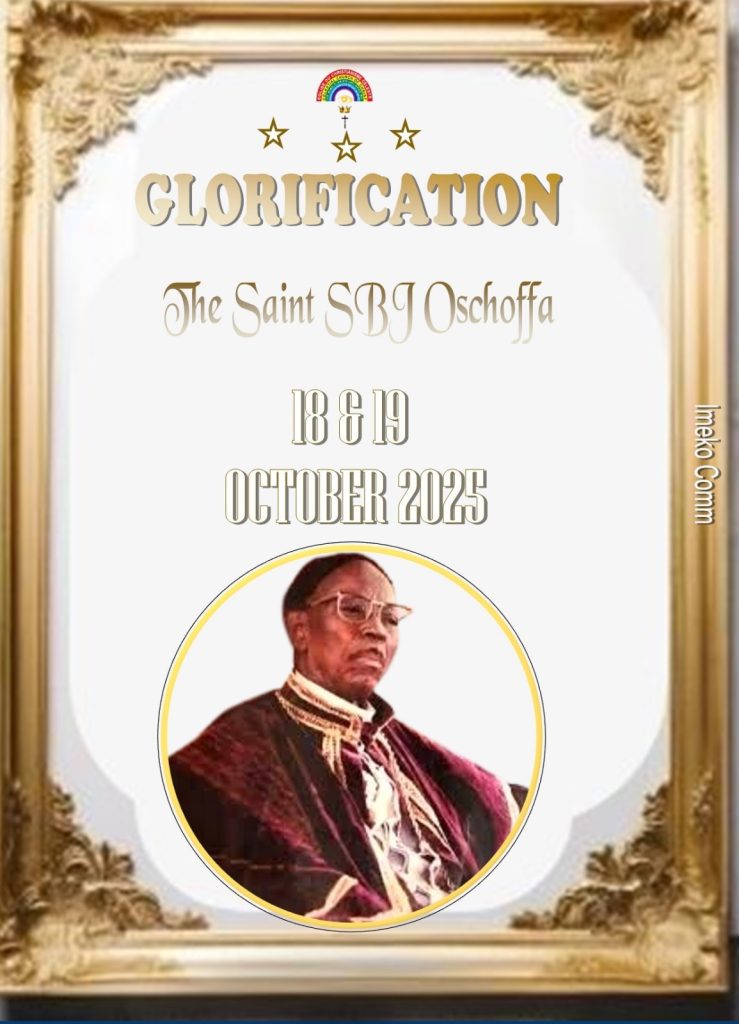

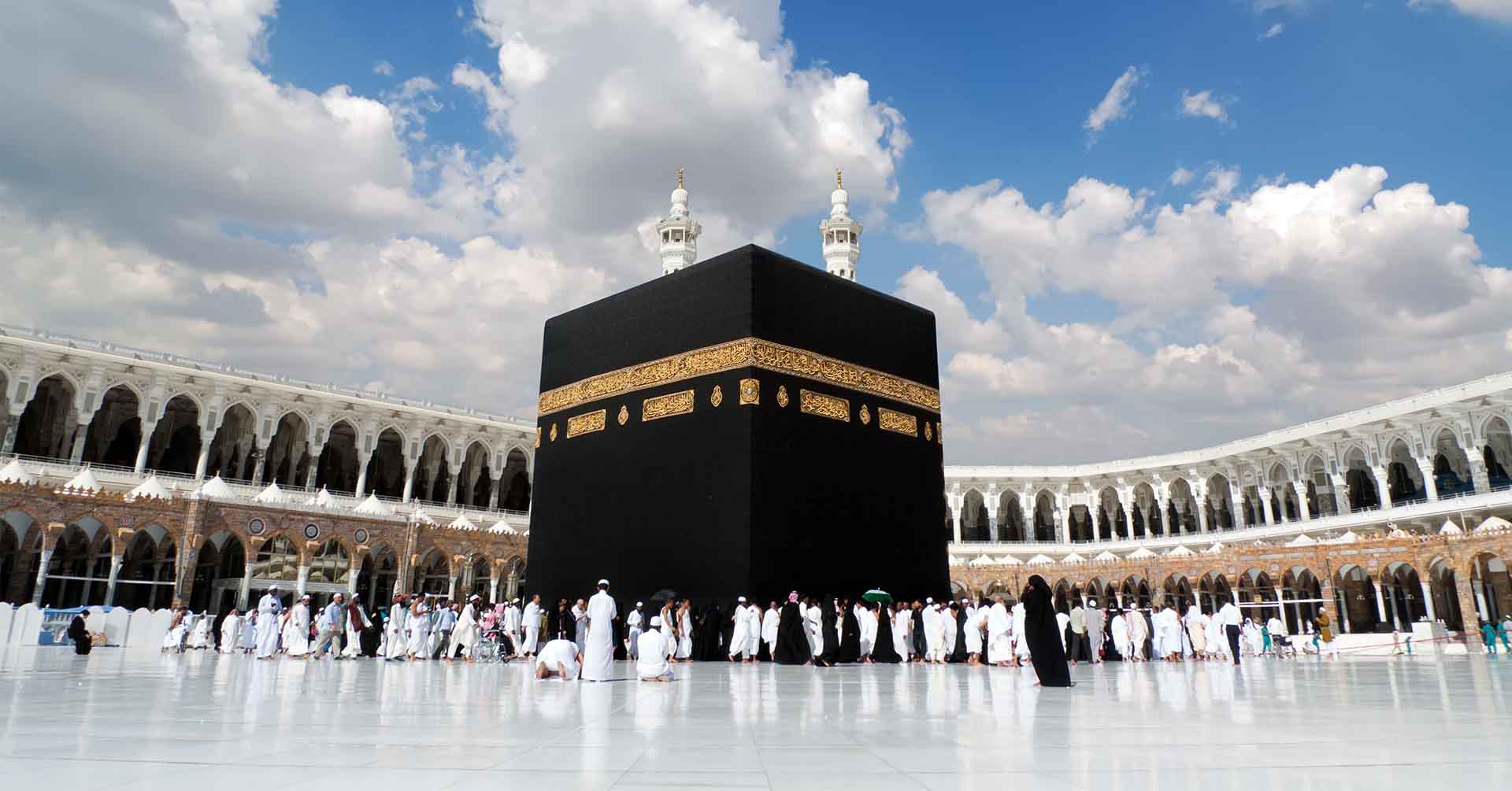
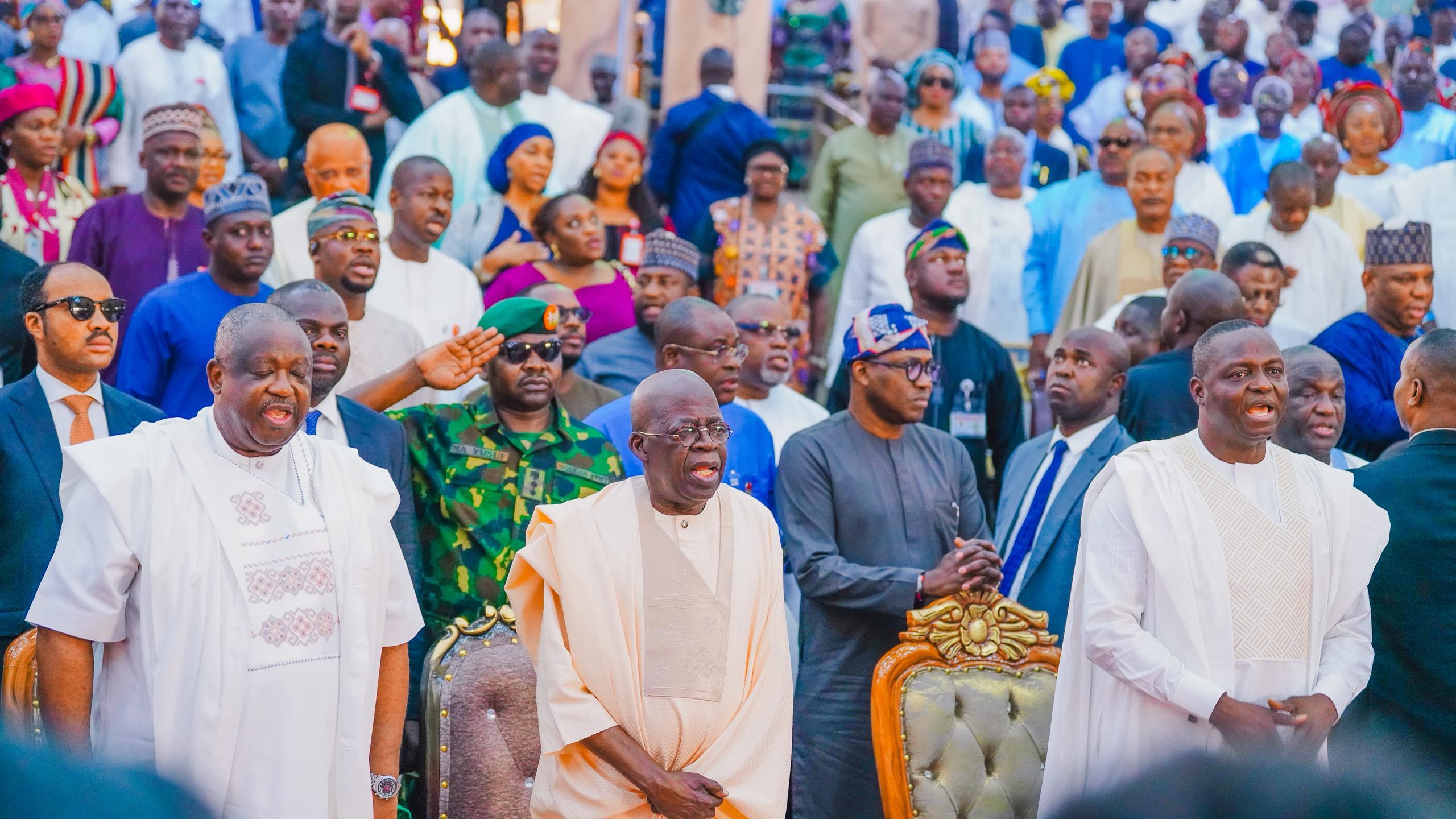
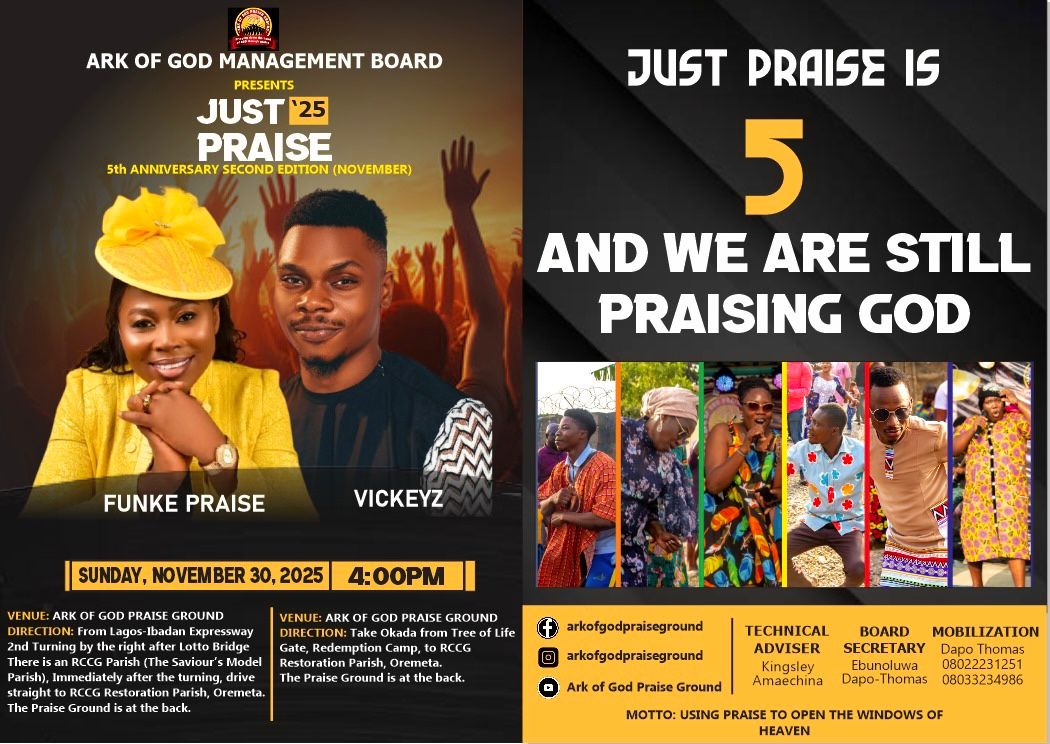



Leave a Reply